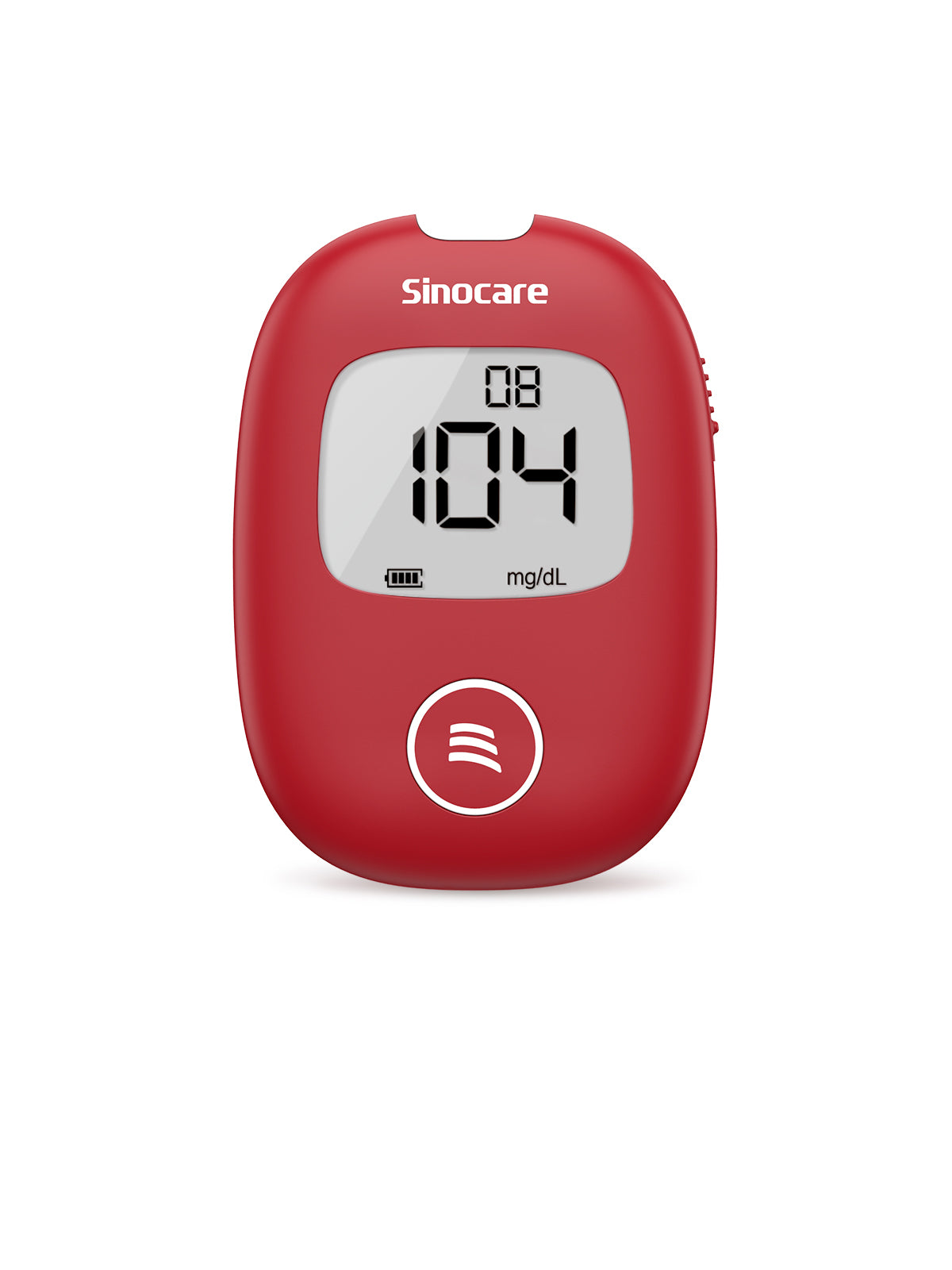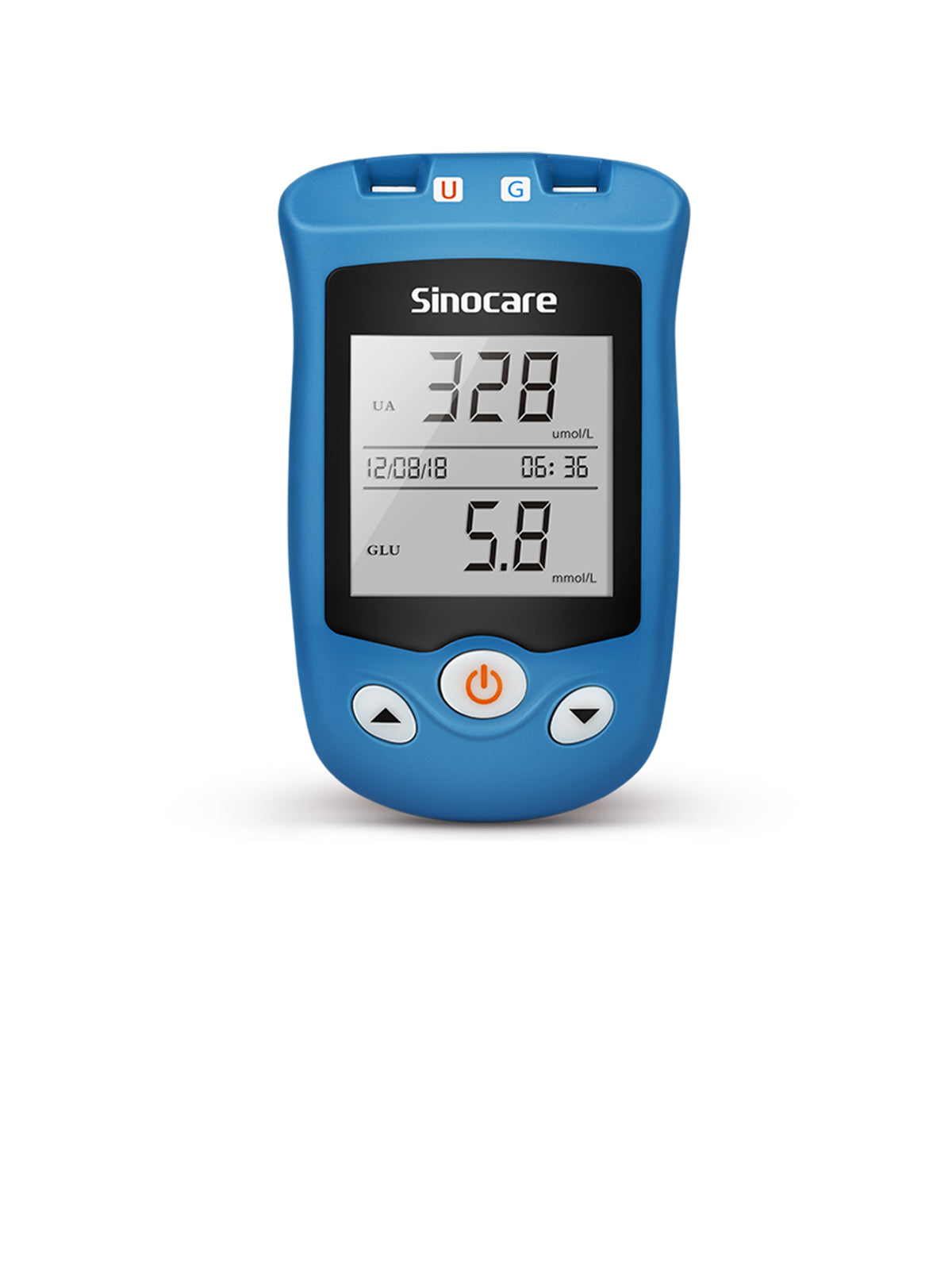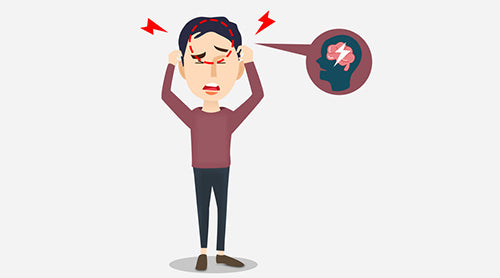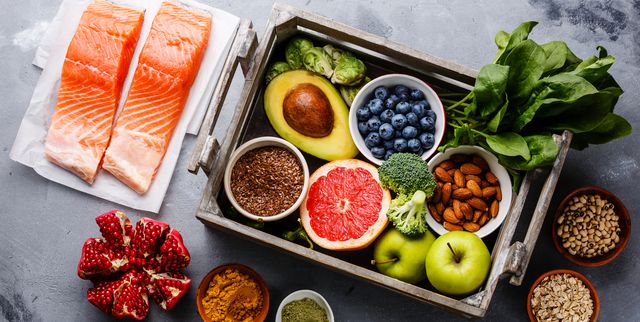Pre-meal hypoglycemia is an early warning sign of abnormal blood sugar. The more often hypoglycemia occurs, the more the symptoms will keep changing and become atypical. In the early stage of diabetes, there are mainly obvious conscious symptoms such as panic, shaking hands, sweating, dizziness, hunger and weakness. As the disease lengthens and worsens, the symptoms of hypoglycemic episodes become atypical, and in severe cases, symptoms such as mental inattention, agitation, irritability, coma, impaired cardiovascular system function, and impaired nervous system may also occur. Hypoglycemia can occur not only in diabetic patients, but also in patients with pre-diabetes and other conditions, which reminds diabetic patients of problems in blood sugar regulation.
Why does preprandial hypoglycemia occur?
The reason why some people often have preprandial hypoglycemia is probably because the insulin secretion pattern is disturbed after a meal. The "culprit" is insulin.
What does insulin do?
In general, the time when your blood sugar peaks is highly dependent on the type of food you consume. Peak time for carbohydrates (staple foods) is 30-60 minutes after eating; peak time for proteins (meat, seafood, milk, beans) is 3 hours after eating; peak time for fats is 4 hours after eating. The peak of insulin secretion occurs 30-60 minutes after eating. Therefore, we should decide the time of insulin injection according to the main food eaten, so that the insulin peak and the blood sugar peak time are equal in order to play the best effect.

Insulin can be seen as a key that opens the door to help glucose enter the body's cells and be used by them. In this way, under the action of insulin, the blood glucose level after a meal drops, and by the next meal, it will largely return to the level before the meal, and the insulin level will likewise return to the baseline level before the next meal.
The frequent occurrence of pre-meal hypoglycemia is most likely due to the delayed peak of insulin secretion after each meal. Insulin does not peak after a meal when it should, and does not return to baseline levels before the next meal when it should, but remains at a high level. Insulin is not high when it should be high and not low when it should be low. Let's say that insulin is absent when it is needed to do its job, and then it starts to do its job when it is not needed so much. It is the delay in the peak of insulin secretion and the absence of low when it should be low that leads to the occurrence of hypoglycemia before the next meal.
What causes pre-meal hypoglycemia?
The consequence of delayed peak insulin secretion after a meal is hyperglycemia after the meal and hypoglycemia before the next meal. This is all because the focus of insulin's work is deviated and the work that should be done is not done, but the work that should not be done is done. As a result, it interferes with the stability of blood sugar and leads to abnormal glucose regulation. Therefore, preprandial hypoglycemia can be regarded as an early manifestation of abnormal glucose metabolism. But does the presence of pre-meal hypoglycemia mean that you are pre-diabetic or have diabetes? No, the two cannot be equated.
Preprandial hypoglycemia can be one of the early manifestations of abnormal glucose regulation, and at the same time, it can also be an early manifestation of diabetes, or it may be an incidental condition. The only way is to improve the relevant examination early, including performing oral glucose tolerance test and glycated hemoglobin test.
What should I do if I have hypoglycemia?
- If hypoglycemia does occur, you should promptly supplement with carbohydrates. Generally speaking 15g of carbohydrate supplementation is sufficient. For example, 3 soda crackers, 1 slice of white bread, 2 pieces of good candy, 1 hall of Coke, 1 small glass (50ml) of orange juice. This method is applicable to all cases of hypoglycemia!
- To prevent pre-meal hypoglycemia, you can adopt a small number of meals, and divide the three meals a day into 4 to 5 meals with the same total amount of food, which can help relieve the discomfort of hypoglycemia.
- Medications, such as acarbose, can also be taken under medical supervision to slow down carbohydrate absorption and relieve hypoglycemia.
- Measure blood glucose frequently. Diabetic patients with frequent hypoglycemia should make it a habit to monitor fasting blood glucose, pre-meal blood glucose and post-meal blood glucose every day. Diabetics with well-controlled blood sugar should not take it lightly, but should measure fasting blood sugar three times a week and monitor all-day blood sugar two to three days a week.











Leave a comment
All comments are moderated before being published.
This site is protected by hCaptcha and the hCaptcha Privacy Policy and Terms of Service apply.